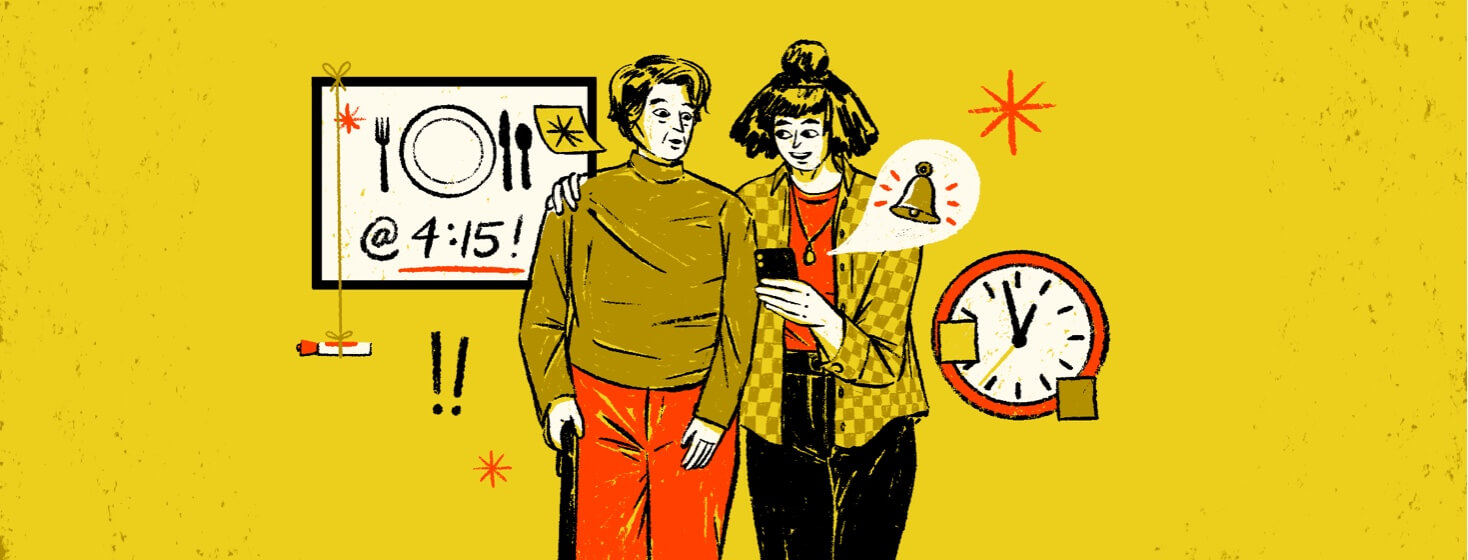Be Your Own Agent - or Theirs
There is a term educators use that seems simple, but is really pretty deep. It’s agency - the sense that what you do and what you get are related. A great educator once compared it to the difference between "bowling through life" and throwing dice. Agency is the prime motivator that keeps us moving forward.
A sense of agency
Most people feel that way most of the time. If you eat a lot of junk food you gain weight. If you don’t exercise you get weak. Take your pills and get better. But a frustrating struggle to pin down a condition like myasthenia gravis (MG) can mess with a person’s sense of agency.
It can be hard to connect what you do and what you get. Working really hard can even make things worse. That makes keeping one’s motivation up difficult and advocating for someone a really tricky job. Encourage but don’t nag? It’s a tightrope we all walk at times.
The search for quick solutions also makes us susceptible to quick fixes. As I write this, I’ve just scanned 2 open forums about myasthenia gravis on popular Internet sites. Both had "spammy" posts recommending completely unsupported remedies for myasthenia gravis. "Buy/eat/drink this and your immune system will be spectacular!"
Treating MG is difficult
But wait. MG is an autoimmune disease. Patients have an immune system that is out of control. Some of the most effective drugs are immunosuppressants and work against the immune system rather than pumping it up.
Whoops! The posts look wonderful, and suggest easy things that a person could do. (Eating your veggies is a lot easier than IVIG.) But they don’t cure MG. If you did a search of some of those sentences, you’d find that the spammers have posted the same "remedy" for problems as diverse as arthritis and brain tumors.
It’s truly human to want to find something that works — quickly. I understand that with my own favorite patient. But frankly, fast is not a word most folks associate with MG treatments. Neither is "easy." But there are lots of tools that I’ve found I can share with hubby to help him feel a greater sense of agency in his own life.
Collect information
The first is information. With MG, no day is the same. Its ups and downs are not only frustrating but really confusing. The direct relationship between what you do and what you get can be hard to find.
Keeping a written log of symptoms and treatments is really vital. That’s especially true when appointments with specialists are hard to get. Reminding hubby to keep that log, and adding some hard data to it, are key parts of my role.
Make it convenient
The second is convenience. When hubby feels well he’s able to sort his pills, get his assistive stuff, and schedule his day. But when he flares, and when he needs that stuff the most, that’s not possible.
Sometimes he’s weak, sometimes there’s that brain fog which comes with MG exhaustion. That’s when arranging the pills and other stuff is key to my role.
Celebrate the victories
The third way I hope to support my husband’s agency is by celebrating his small victories. "Do you realize you haven’t had double vision for a week?" or "Let’ s take a longer walk than yesterday" may not seem like much. But little victories often lead to bigger ones.
Explain MG to others
And finally, I support by explaining to others — not too detailed, not too dramatic. He may seem drunk when he’s very tired. "it’s a condition he has" may be the simplest way to let observers know that it’s complicated.

Join the conversation